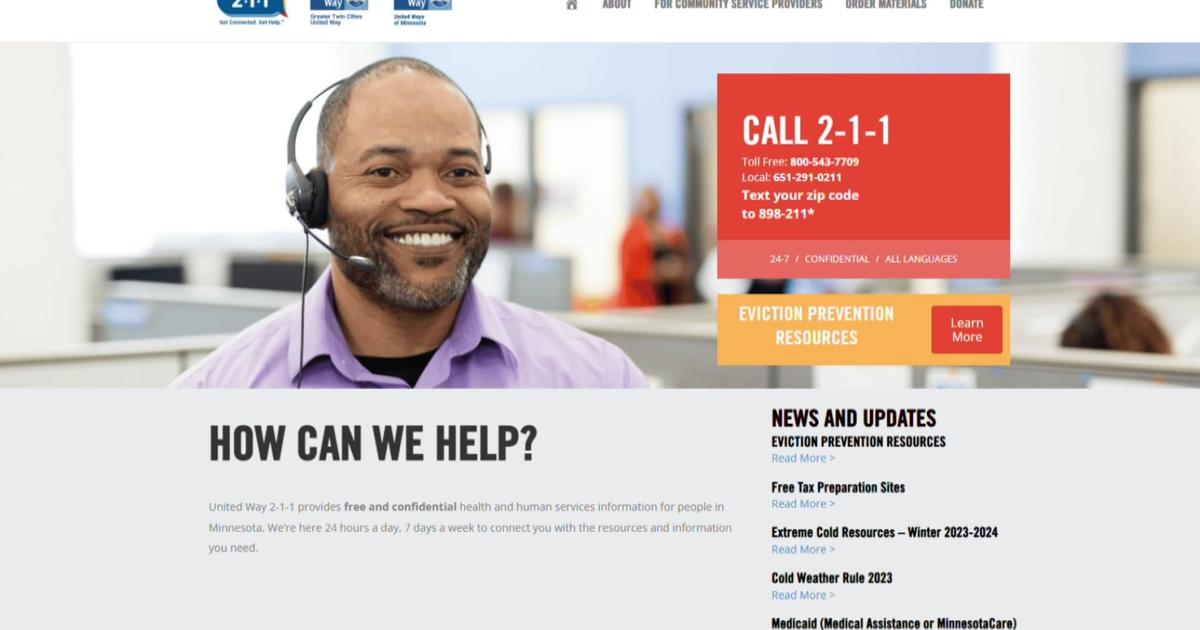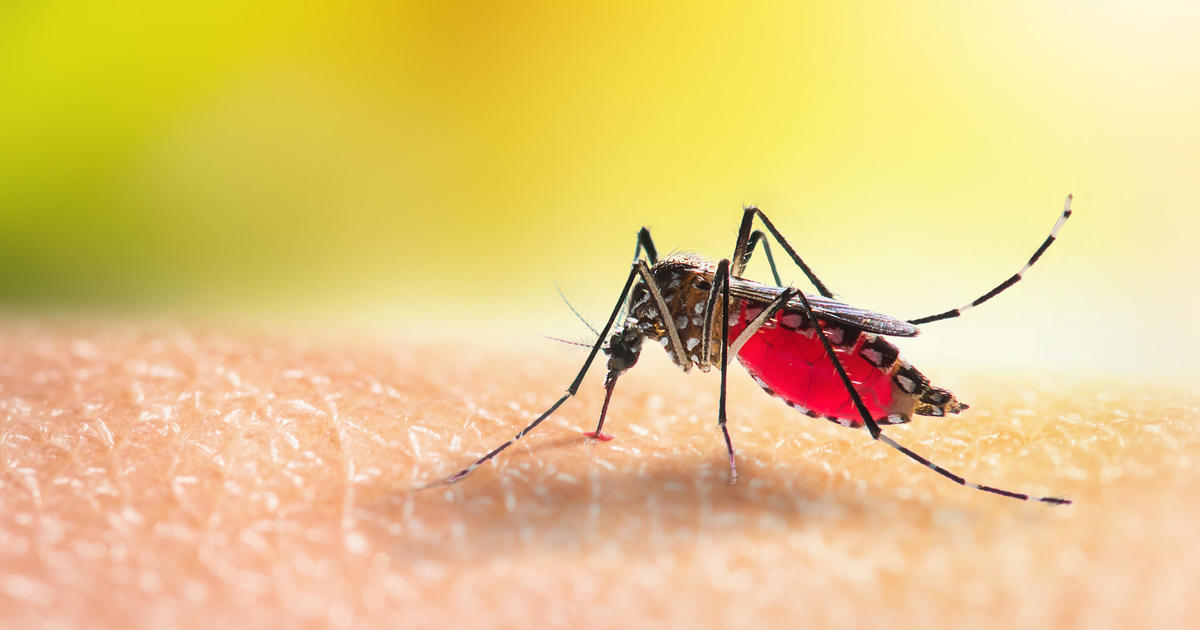Survey Finds Significant 'Grocery Gap' In Minnesota
MINNEAPOLIS (WCCO) -- For many of us, attempts to eat healthy are often thwarted by our love of junk food.
But a new survey shows there's also another obstacle - not enough grocery stores that sell healthy food.
The poll was done by the Center for Prevention at Blue Cross and Blue Shield of Minnesota.
Some 49 percent of those who responded to the poll said that not having a grocery store nearby that sells healthy food impacts what they eat.
Seventy-three percent said the difficulty of finding healthy food on-the-go influences their eating decisions.
A project manager at the center called this issue the "grocery gap."
"We heard loud and clear, as we see from the data polling. Nearly half of the people say that not having a grocery store nearby that serves healthy food is really impacting what they serve themselves and their families," said Jenna Carter, with Blue Cross and Blue Shield.
She worked on the telephone survey of 1,000 Minnesotans in both urban and rural areas.
"We heard that people are travelling up to 10 minutes on average to get to a grocery store that sells healthy foods and for some communities that presents a real challenge, because they don't have transportation options," she said.
In rural areas, the drive to the grocery store can be even longer.
In urban areas, people said neighborhood stores often had limited options.
"We heard overwhelmingly that there are a lot of people shopping at convenience stores or corner stores, where it is a lot harder for those stores to carry fresh produce," Carter said. "So that's where the real barriers lie."
She says the survey findings provide evidence that people will buy healthy foods, if retailers offer them.
The hope is that communities and retailers will come together and find ways to make that happen.
"There have been some conversations happening in Minnesota about trying to start a healthy food financing initiative. What that is, is where public and private dollars are pooled, and low-interest loans and grants are given to communities and retailers who want to open up in underserved areas," Carter said.
She said that between the years of 2000 and 2013, Greater Minnesota lost 14 percent of its grocery stores.
The survey also addresses possible solutions, like spreading the word on innovative ways food shelves and community groups are working to bring fresh produce and vegetables to those who need it.
Some efforts are already underway.
In Eagan, The Open Door provides healthy food through its food shelves and Mobile Pantry sites, as well as its Mobile Lunch Box program, which offers healthy lunches and activities for children and families when school is not in session.
The organization's Garden To Table program promotes improved access to fresh produce by providing garden plots, vegetable and herb seeds, plants, tools and compost to food shelf clients at no cost.
You can read all the findings of the Blue Cross Blue Shield survey here.



